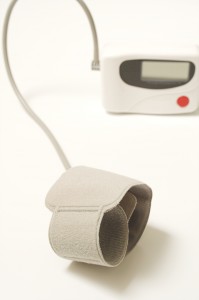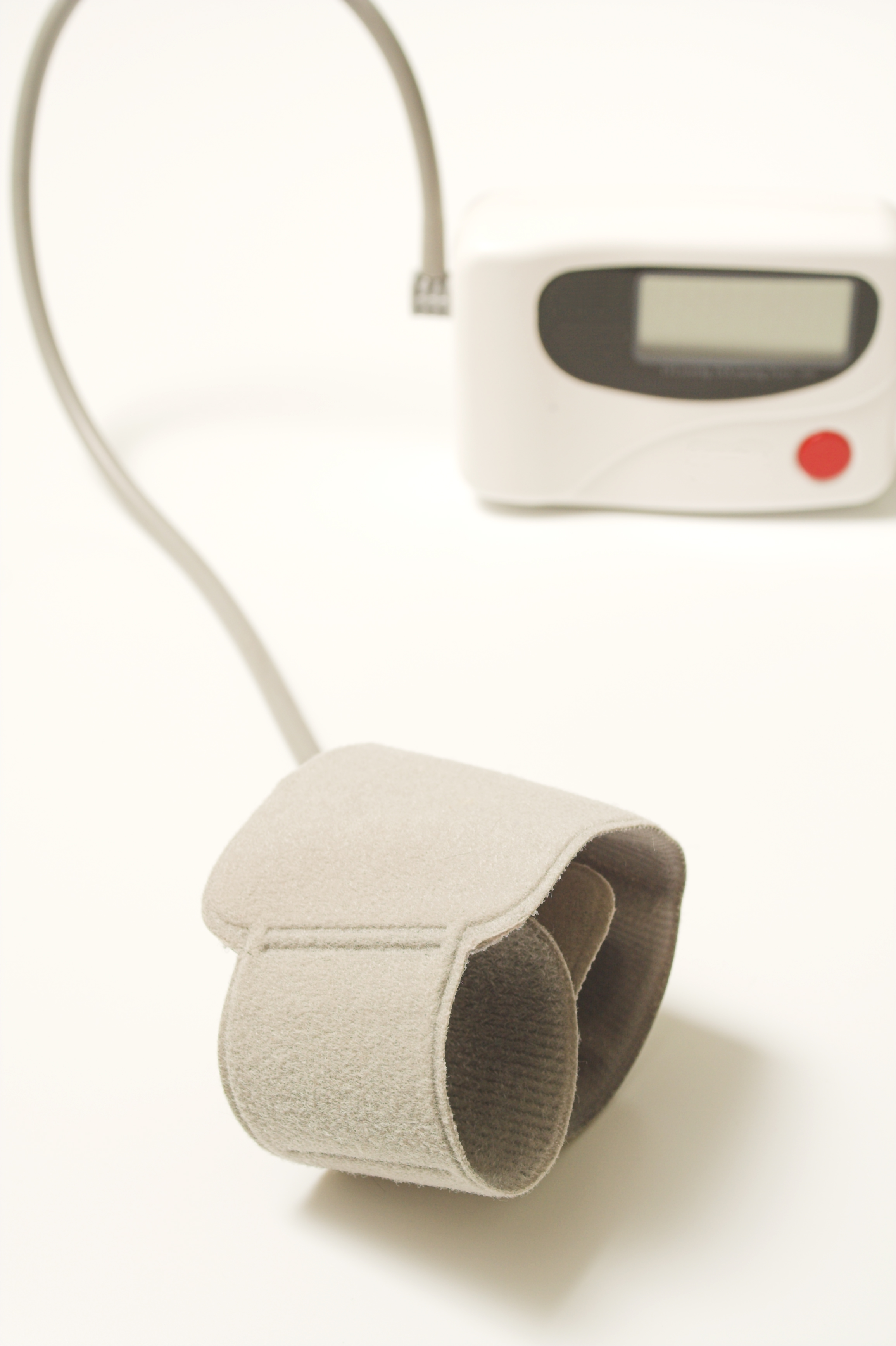Middle-aged women who eat in a rush tend to be heavier than those who eat slowly, a new report from New Zealand shows.
The study doesn’t prove that speed-eating will necessarily cause women to pack on extra kilos, but researchers believe it might influence how much food people ingest.
“It’s possible that with rapid eating, there are ample calories being eaten” before feeling full, said Dr Kathleen Melanson, a professor at the University of Rhode Island in Kingston who was not involved in this study.
 Researchers mailed a survey to about 2,500 New Zealand women aged 40 to 50 years, asking them to rate themselves on how quickly they ate and also to provide their height, weight and other lifestyle and health factors.
Researchers mailed a survey to about 2,500 New Zealand women aged 40 to 50 years, asking them to rate themselves on how quickly they ate and also to provide their height, weight and other lifestyle and health factors.
They got responses from about 1,600 women. About half the women described themselves as middle-of-the-road in terms of their speed of eating. About a third fell in the fast or very fast categories, and about 15% considered themselves slow or very slow eaters.
The women at the slowest end of the scale had the lowest body mass index, the researchers reported this month in the Journal of the American Dietetic Association.
More chewing
For each category increase in self-reported speed of eating, the mean BMI rose by 2.8%. That translates to nearly six pounds for an average US woman.
Dr Caroline Horwath, the senior author of the study and a professor at the University of Otago, said she expected to see faster eaters have higher BMIs, because previous studies from Japan showed a similar relationship.
“However, we had been surprised at the strength of the association – we hadn’t expected the effect to be as large,” Dr Horwath said.
“The size of the relationship suggests that, if the relationship is found to be causal, reduction in eating speed may be a very promising way to prevent weight gain, and may also lead to meaningful reductions in BMI in weight management program,” Dr Horwath added.
Dr Horwath pointed out that previous studies that used slower eating as a weight loss tool haven’t always had success. A recent study in China, however, found that having people chew their food more times led them to eat fewer calories.
One of the weaknesses of the study is that Dr Horwath’s team didn’t meet any of the women in the study. Dr Melanson said her group is working to determine whether this type of survey is a good measurement of people’s true speed of eating.
She added that trying to change people’s eating speed might be difficult, because “it’s so habitual and ingrained in individuals. We need a lot more work to understand the roots of the behaviour and, if it can be changed, how.”
(Reuters Health, Kerry Grens, September 2011) – Edited by Salvagente
________________________________________________________________________
How many times do you chew your food before you swallow?
_______________________________________________________________________







1 comment
Join the conversationSA the third fattest nation on earth | Salvagente - June 5, 2012
[…] is diagnosed by the Body Mass Index (BMI). You are obese if your BMI is more than 29.9 kg/m². You can easily work out your own BMI by […]